|
|
|
|
It’s now well known that people from ethnic minorities in the UK are more likely to catch COVID-19, but the country’s latest unemployment figures confirm that minority groups are also paying the heaviest economic price for the pandemic. Ethnic minorities are more likely than white people to have lost their jobs – Black people above all. Afro-Caribbean unemployment is now over three times white unemployment, with young people the main point of difference. Every recent UK recession has played out this way, explain economists Stephen Nolan and Ken Clark, and it’s because race discrimination rises when there is less to go around. Yet government
schemes like Kickstarter are doing nothing to help. Nolan and Clark argue that this is breaking the law, and sketch out a different way forward.
COVID-19 can infect anyone. But some communities in the U.S. have been hit harder because of racial disparities. Black Americans are almost three times as likely to be hospitalized and almost twice as likely to die from the disease as their white counterparts. With harsh statistics like those, it might seem Black adults would be rushing to be first in line for the coronavirus vaccine. But as a group, they’re not. Clark University’s Esther Jones describes the long history that helps explain the vaccine hesitancy among the Black population. Centuries of what she calls medical mistreatment and malfeasance add up to mistrust in the medical
establishment today.
|
Steven Vass
Business + Economy Editor
|

|
|
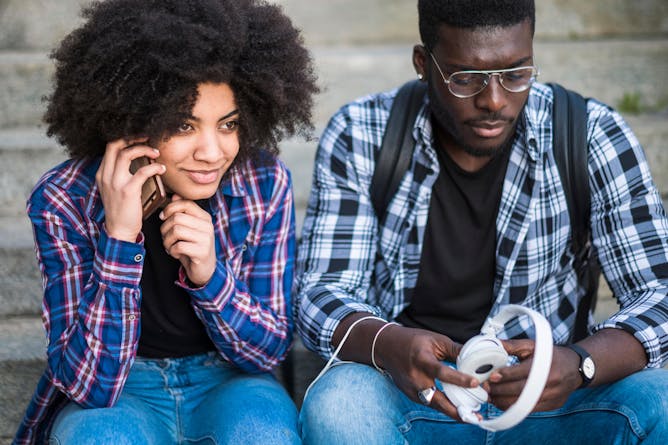
‘You wanted to speak to me about the job …’
Fabio Camandona
Steve Nolan, University of Manchester; Ken Clark, University of Manchester
The government has a legal duty not to exacerbate inequalities in its policies, but this is getting forgotten during the pandemic.
|
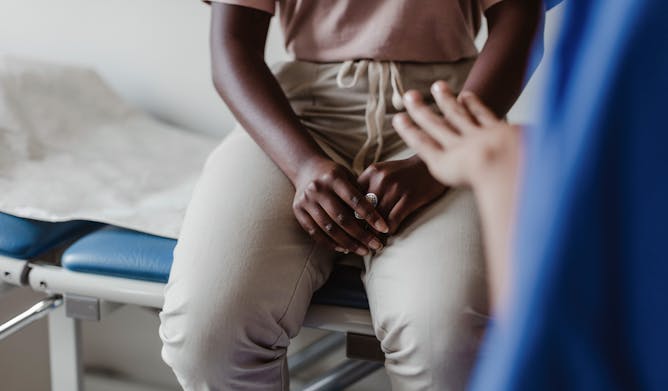
Black patients can be wary of the medical establishment.
Maskot via Getty Images
Esther Jones, Clark University
Though COVID-19 has killed Black Americans at nearly twice the rate as white Americans, Black people are the least likely racial group to say they're eager to get the vaccine.
|
Health + Medicine
|
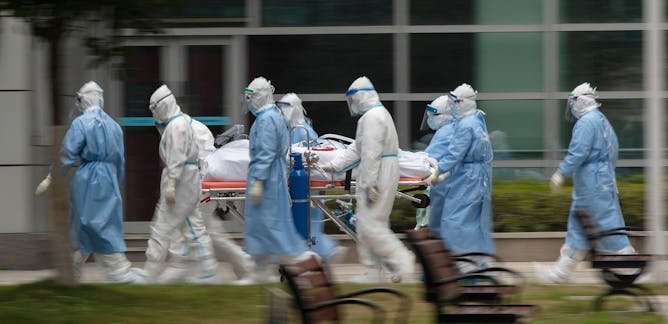
Agnes Arnold-Forster, University of Bristol
We should assess the pandemic’s effect in the round, beyond just COVID deaths.
| |
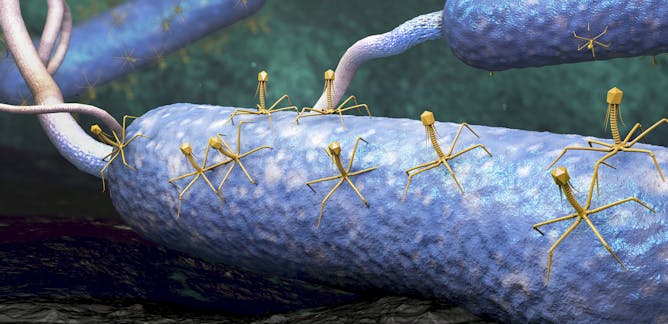
Kevin Doxzen, Arizona State University
As the world has focused on the COVID-19 pandemic, other microbial foes are waging war on humans. Antibiotic-resistant bacteria pose a growing threat. But viruses may defeat them.
|
|
|
Politics & Society
|

Muhammad Dan Suleiman, University of Western Australia; Benjamin Maiangwa, Durham University
Nigerians, as well as other Africans, need to actively work to decolonise social arrangements created by the British.
| |
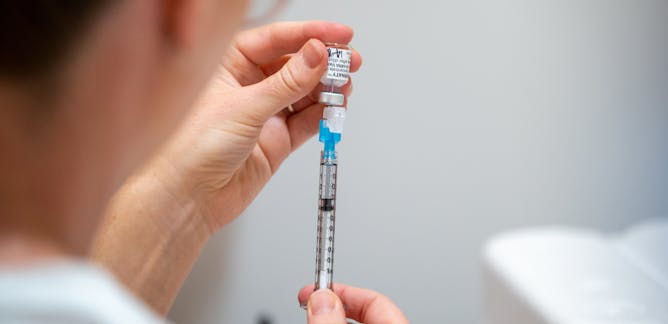
Claire Loughnan, The University of Melbourne; Sara Dehm, University of Technology Sydney
To make sure the COVID rollout is accessible to all people living in Australia, the government should consider a migrant amnesty.
|
|
|
En Français
|
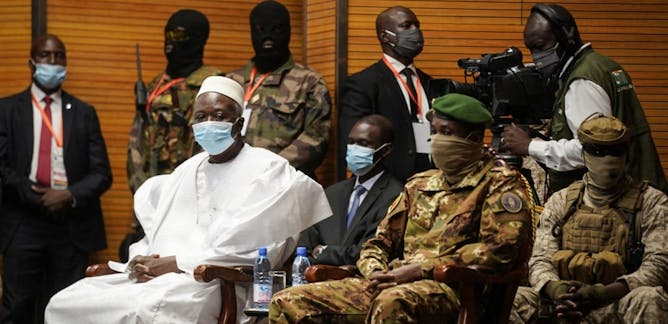
Lamine Savane, Université de Ségou; Fousseyni Touré, Université des sciences juridiques et politiques de Bamako
L’armée exerce une influence jamais démentie sur la politique malienne depuis le premier putsch de 1968. La présence massive des militaires dans la transition actuelle confirme cette tendance.
| |
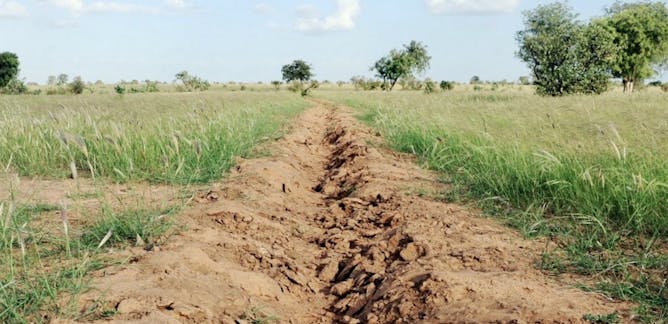
Sougueh Cheik, Institut de recherche pour le développement (IRD)
Lancé en 2007, ce vaste projet de reforestation a pour but de faire reculer l’avancée du désert en Afrique subsaharienne.
|
|
|
En español
|
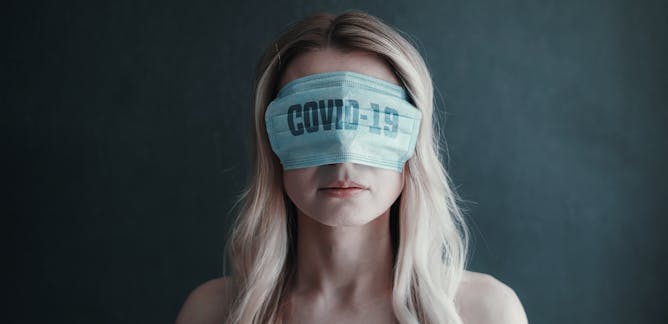
Cristina Peris Martínez, Fisabio
Esta vía de entrada al organismo no ha sido tan estudiada como la respiratoria. Aunque menos relevante, existen manifestaciones clínicas de la covid-19 que afectan a los ojos.
| |
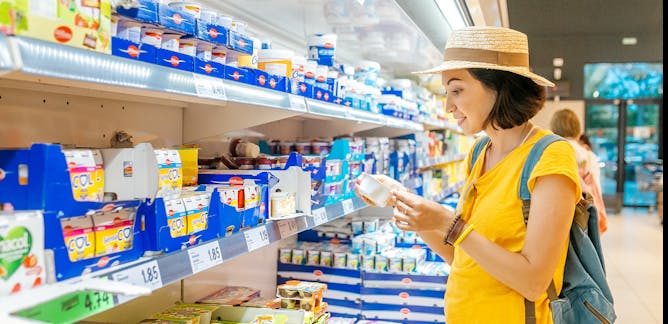
Leixuri Aguirre, Universidad del País Vasco / Euskal Herriko Unibertsitatea; Itziar Eseberri Barace, Universidad del País Vasco / Euskal Herriko Unibertsitatea; María Arrizabalaga, Universidad del País Vasco / Euskal Herriko Unibertsitatea; Maria Puy Portillo, Universidad del País Vasco / Euskal Herriko Unibertsitatea
Posiblemente pensemos que sabemos lo que compramos. Pero, ¿es realmente así? Por ejemplo, ¿sabemos distinguir entre un zumo y un néctar? ¿O cuándo un alimento tiene un exceso de azúcares añadidos? ¿Y si necesitamos tomar ciertos alimentos enriquecidos?
|
|
|
| |
| |
| |
| |
| |
| |
|
|
|
|
|
|
|